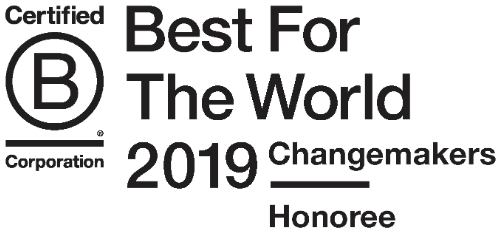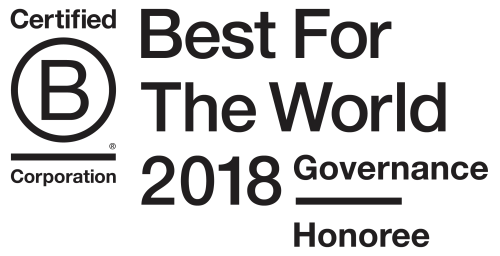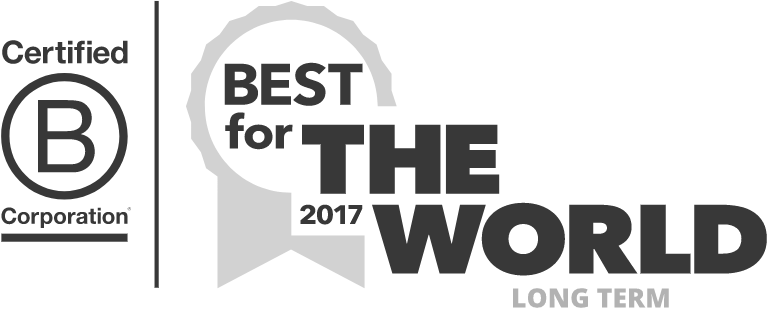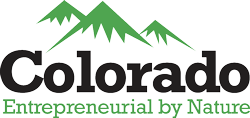
While there's probably nothing more cliche than declaring the power and importance of "being yourself," there are some real dangers, in business, in NOT being yourself. Here are a few dire circumstances that will be encountered if the "real you" is somehow obscured from your community, clients, and competitors (I speak from experience): * you will lose clients/customers * you will lose money * you will lose employees * you will attract weird employees and clients/customers who are NOT a good fit for your organization * you will be miserable and wonder what you are doing and why you are doing it
So what does "being yourself" mean, as an organization? It means not pretending to be other than you are. It means not offering more than you can or something different than you feel comfortable with. It means not pretending to be more (or less) professional than you are. It means not pretending to know more (or less) than you know. It means not hiding your size, your age, your circumstances. It means owning what you do know, what you can offer. "Being yourself" means owning your organization's particular style, circumstances, sense of humor, eccentricities, oddities and conventions. What you see is what you get. You can always sign yourself up for a job that will stretch your capacity beyond what it may have handled in the past, but don't hide your personality in the process. And if you own your organization's unique personality and have confidence in what people (customers, clients, competitors, employees) see, then you can build on that rather than spending your time and energy holding together a facade.
dojo4 is a small software design and development agency. We work best solving hard problems and building tools that can be used by real humans. But often people walking by our storefront office pop their heads in to ask what we are. From outward appearance, people think our office is a cafe or a co-working space or clubhouse or a daycare (no joke). We pride ourselves on building sturdy well-thought-through code and compellingly applied design. We are lucky to have long-term and high-value contracts with several established clients. But looking into our office, you may see kids and dogs, bikes and bike equipment, a lot of random people working out the office who may or may not actually work for the company, communal meals, snacks and alcoholic drinks being consumed. You'll likely hear the excellent, curated tunes being played by our illustrious resident DJ, Joel, but you may also hear the Goldberg Variations or Slayer or Hall & Oates. Sometimes you may not see anyone at all because we're all working from home or out on bike rides or spending time with our families. This type of agency does not appeal to all clients or potential hires, particularly those who want / need a lot of formality and process. We don't really do formality or process, in a conventional sense. But that's great, because it means that we don't attract people that we can't make happy. It means that if people are confused and confounded by our appearance, they will go away, and if they are intrigued and feel comfortable, they will stay. That doesn't mean that we will only work with exactly same-minded people, but it does mean that we are likely to get along with the people that choose to work with us.
When I first got into this business, I was embarrassed that I didn't know more than I did. My career had been in documentary film, not software design and development. How was I supposed to inspire confidence in clients and co-workers who knew more about this stuff than I did (which wasn't that hard)? But I actually knew so little, that I had to give up pretending very early on and just own who I was: a smart, competent, inquisitive person who could be very helpful and supportive, but did not know squat about software. This turned out to be a fantastic advantage! And this reality has offered real value to clients and colleagues:
- It's allowed people to feel comfortable with what they do not know themselves, and thus more at ease with the work we're doing together.
- Because I've had to ask a lot of questions, it's allowed important elements of projects and relationships to surface, and thus strengthened those projects and relationships.
- Having, myself, an eclectic background outside of software, has allowed other people to feel comfortable sharing their diverse experiences, making our connections more human and our work together more robust.
Our uniqueness, our individuality, our foibles, our peculiarities, our orthodoxy or lack thereof, and our honesty can be our greatest offerings and as such, deserve our heartfelt allegiance and worthwhile investment. These qualities, the qualities that reflect who we "really are," allow us to attract our greatest allies, our most valuable clients and customers, and our most loyal colleagues. In this way, we can be more impactful and accomplishing because we can think more clearly instead of wasting energy being something we are not. Hiding or underplaying ourselves is stingy (it means we aren't sharing our inherent wealth) and will create relationships based on false assumptions. When we embody "who we really are," we forge the strongest relationships, solve the hardest problems and have the most fun.
 Tweet
Tweet








